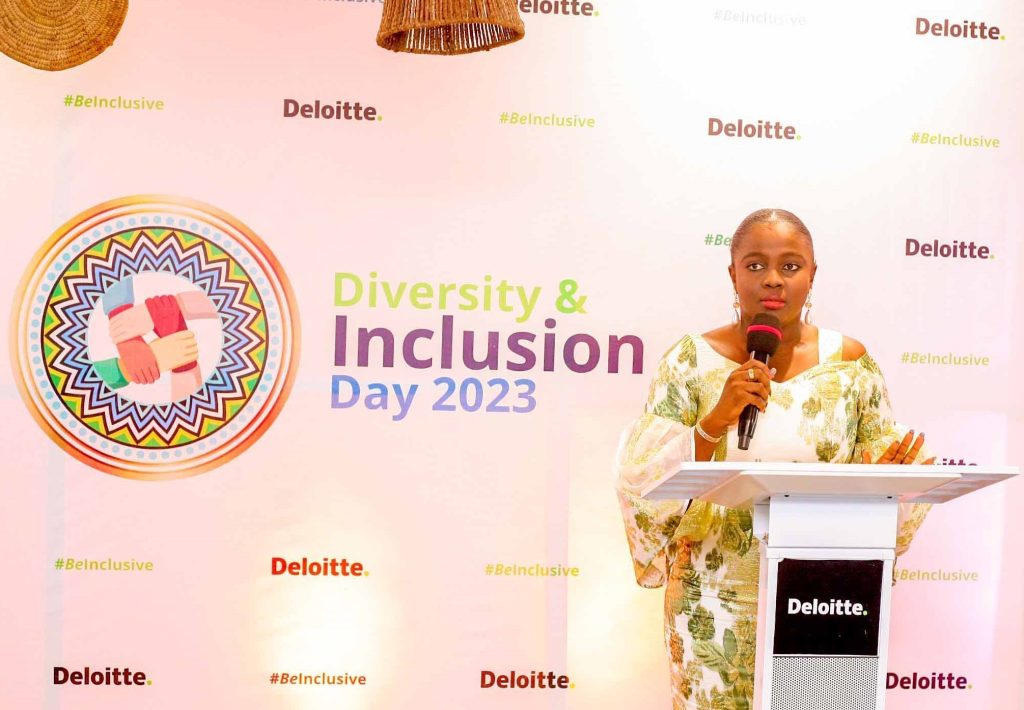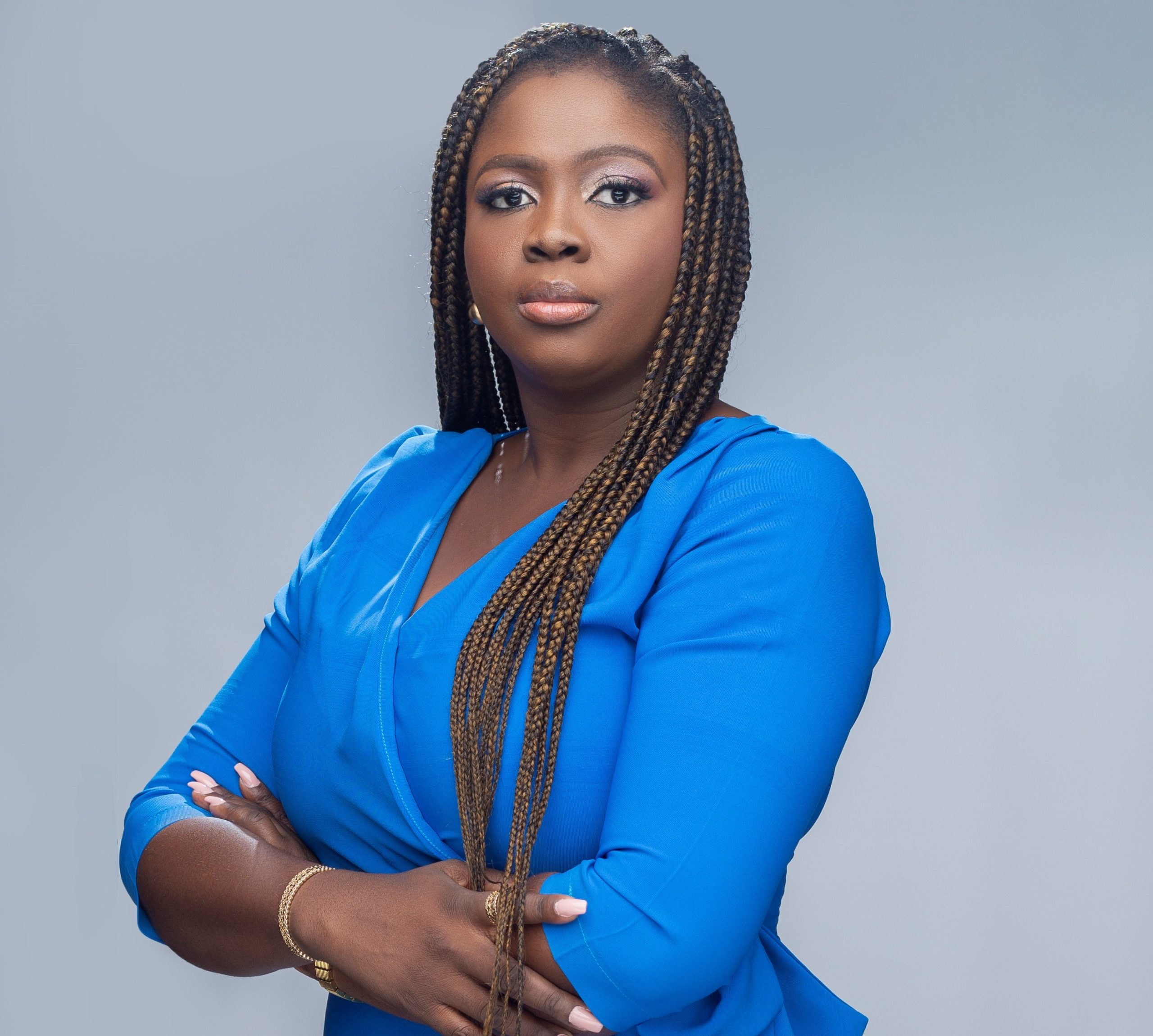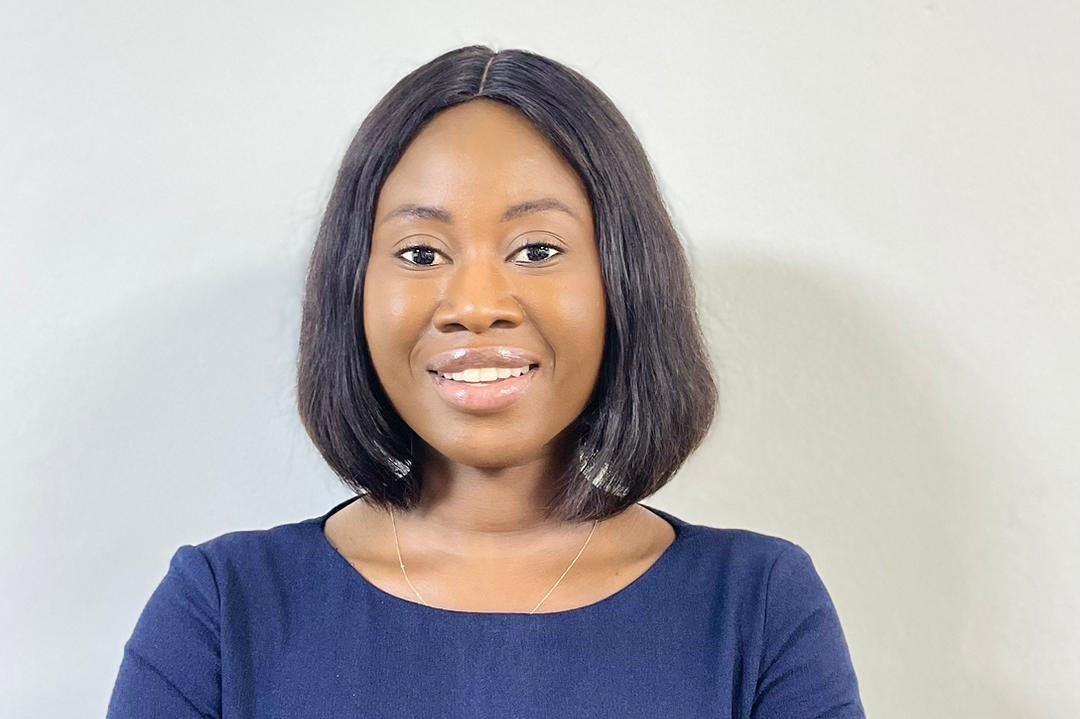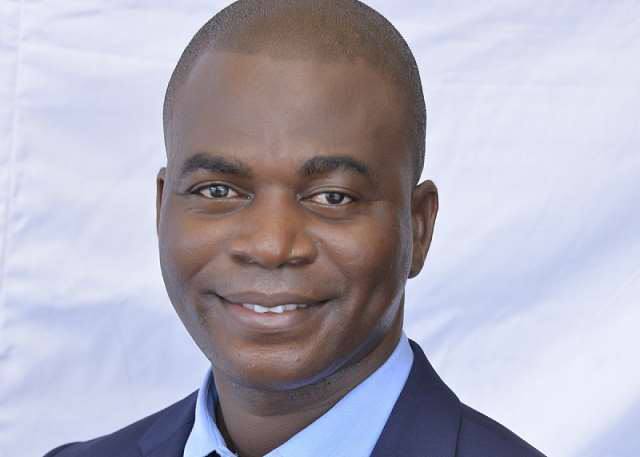Our Comms Spotlight for this week is a professional who decided on a career in Communications during her teenage years. Oluwadara Ogunbowale is a Communications Supervisor at Deloitte West Africa. Oluwadara pursued her career with determination and grit and she’s picked up some amazing lessons along the way. Her interview with us shows the beauty and results of resilience and gives us a glimpse into her work at Deloitte.
Can you take us to the beginning of your career journey in Communications?
It started when I was a teenager. I decided I was going to study Communications after writing the Junior West Africa Examinations Council Examinations, popularly called Junior WAEC in Nigeria.
My parents had begun to ask me if I wanted to take subjects in Sciences, Commercial or Arts for senior secondary school and it was a no-brainer for me to choose Arts. I mean Physics and Chemistry never appealed to me. I loved words and I did quite well at English and in Literature so I knew being in the Arts class was home.
Three years after, while I was seeking admission to the university, my family and I were all in church one day when there was a call for interested persons to work with the church magazine – ‘Bread for Believers’. I heard the announcement but did not even think much of it. After the service, surprisingly, my father walked up to the pastor, and told him I would be working with the church magazine. So, I became part of the editorial team. I wrote articles, edited them, and then advised the church on some part of the magazine layout and all that.
After I got into the University of Lagos to study Mass Communication, I took quite a number of courses across all Journalism, Broadcasting, Public Relations and Advertising, although I later took core courses in Broadcast Journalism. School was quite fun and provided me with some opportunities to practice.
After graduation, and the National Youth Service Corps, I could not get a job in the Media space. I went for audition after audition but I just never got any call backs, and after a while I decided to then put my CV out there irrespective of the Industry. Eventually, I got a job with one of the commercial banks here in Nigeria, and began to work in the sub-unit, Consumer Lending, in the Department of Risk Management.
After three and a half years I just got tired and frustrated. Felt like I was a fish out of water. Funny enough I kept trying the Media space, while I was in the bank, nothing came true. At some point I started applying for roles in Corporate Communications in the bank because I thought that would be easier.
However, it was harder because my department did not seem keen on releasing me, and there were no roles for me in Corporate Communications also at the time. I guess God had other plans.
I then decided apply to the School of Media and Communications, at the Pan-Atlantic University for a master’s degree in media and communications, and after the course work period, SMC had a culture of posting you across organisations who had Media/Communications departments. I was posted to Access Bank. Access Bank had just begun Accelerate TV, its digital lifestyle, and entertainment platform with a focus on film, fashion, and music – where I was worked in the production department. From then on, I’d say my career fully began.

What do you do as Communications Supervisor at Deloitte West Africa?
I lead Brand Communications at Deloitte West Africa to intensify the brand eminence of the firm across the region (Nigeria and Ghana). I also liaise with the Central Africa Comms team to support the strategic vision of the firm, manage the execution of marketing rollouts across Africa, and initiatives within the regions on the continent.
I also do quite a lot of project management (as it relates to campaigns and programmes) across board and ensure alignment with all our stakeholder groups.
So basically, it’s providing some level of coordination on Internal Communications, External and Media Relations, overseeing some of our digital communications channels, alliance events and sponsorships or and partnerships and providing support for sustainability initiatives in the region.
In your experience, what is the value of Communications in large organisations like Deloitte?
I’d say it is for increased brand visibility and eminence, to strengthen its reputation, and also project to the globe, the impact that an organisation like Deloitte is making. Deloitte is very intentional about making investments in the respective economic and social environment in every market or country that it serves.
So, we wield communications as a tool for positively impacting our organisation’s culture both for our internal and external stakeholders, to strengthen our brand equity, and project the culture of oneness as a firm. This is a global brand so its important that there is an excellent level of consistency and alignment in all our market integration activities and communications help us achieve that.
For the West African region, our communications also help Deloitte not to be tone-deaf as it regards our adaptation to global or central Africa roll outs or any other programme. We are able to advise them on what our culture is here, what is acceptable, and what is not.
The social listening part of comms is so important because with that we have been able to monitor conversations, trends, patterns of our clients, audiences, and other stakeholders when running a campaign etc. So, communications for a large organisation like Deloitte actually helps to ensure that there is some consistency across board while not losing local relevance.

What is the biggest challenge you have faced on your career journey and how did you overcome it?
Each challenge usually seems like the biggest one per time until you experience another. I think I would categorise the challenges and maybe give specific scenarios.
The first category would be proving to leadership the ROI on Communications spend. Except you are a professional in the field, it is hard to convince people that ROIs are a long-term thing. Apart from telling and selling ideas, there is a need to show that Communications budgets are usually long-term investments.
Another category is Media Relations. Our journalists are doing amazing however, there is the need to take the matter of professional media ethics very seriously. This and sensational headlines give me headache.
I remember twice in my career, when everyone was all over the place trying to ‘put a fire out’ because a journalist had used the excerpt of an interview of one of the people we had spotlighted in a campaign, as a headline. The headline had a negative political nuance to it. Oh my God! Other platforms also amplified the story and it was really some fire brigade that day.
I’ve also learned that talent release forms and contracts for any talent is a must. I picked this crucial lesson of not letting things like this slide at one of the places where I worked in the past. When engaging people in a project, especially when you are paying them, be very clear about the terms, just to avoid legal drama.
I once worked on a project where a talent walked away from the set and went to do another job. The story had to be partly rewritten on -the-go, thankfully she was double cast so it was easy for the other person to quickly do something to quickly put an end to her character.
However, because of the terms that were put in place, she could not even get a lawyer because she did not fulfil the part of her bargain. Now, imagine there were no contracts?

Staying organised is key, especially when juggling multiple projects, what are your preferred methods for managing your workload?
Prioritise. Prioritise. Prioritise. Which needs more urgent action? Which has low, medium, or high importance?
I usually have my to-dos for the week and my eyes are fixed on the deadlines thereby. By having all of this data in front of me, I just know what to do.
Despite prioritising and scheduling properly, I rely on my colleagues and embrace fully a collaborative culture. I always say Communications/Content is king but you see, ‘Collaboration’ is queen o. I prioritise, schedule appropriately, delegate, and follow up duly. My follow up game is quite tight though so that no one drops the ball and things do not fall though the cracks.
If you could advise your younger professional self, what would you say?
Oludara, you are not crazy. Keep pushing. Keep being consistent. Never let anyone ‘down’ your voice. It will make sense in the end.





